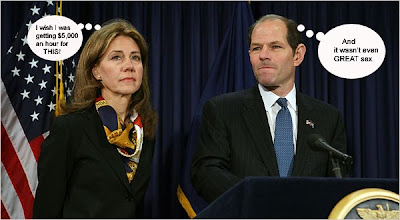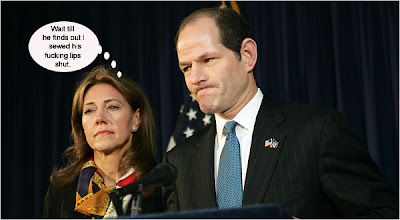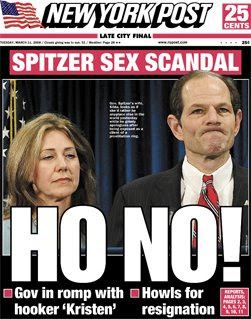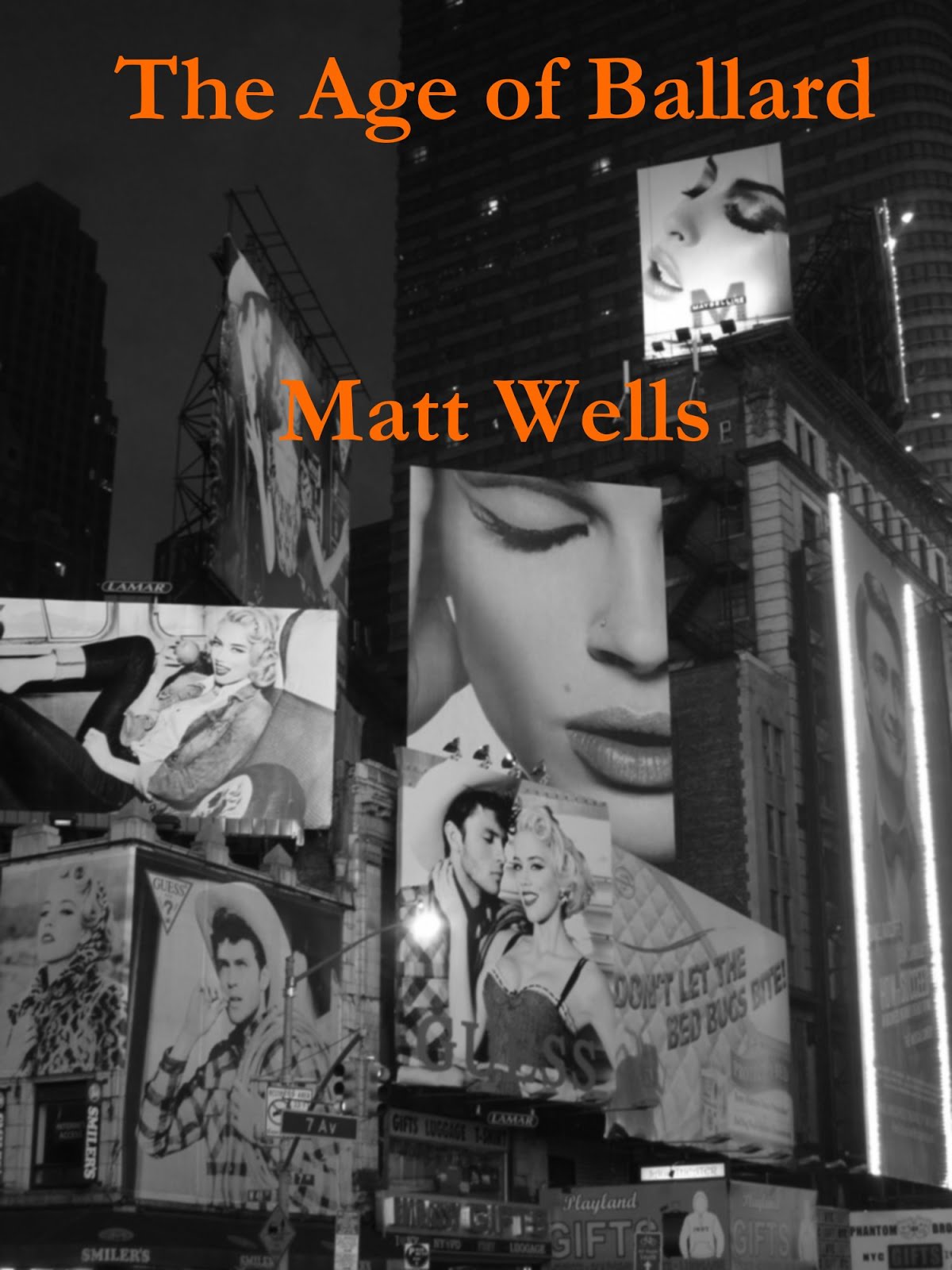How do you dramatize a forgone conclusion?
I saw a production of
Iphegenia at Aulis on Sunday afternoon in Brooklyn*, and it got me to thinking. Euripides spends four-fifths of the play doing everything he can to make the inevitable seem impossible, and then in the end he has his title character, who ten minutes ago was pleading to live even the worst of lives under the sun rather than die, suddenly embrace her destiny as a victim and willingly go off to be sacrificed. End of argument, end of play. It's like he looked at his sundial and said whoops, I only have five minutes left, so
Iph has to become her own
deus ex
machina. Which means she turns into a totally different character. For whatever reason, Euripides decided on this resolution, rather than say having the goddess Artemis appear and directly order the girl to be slain, because the last thing in the world he wanted was for the audience to think that Iphigenia was nothing but a victim waiting to be sacrificed. He wanted drama. He wanted the space to ask questions about war, sacrifice, duty, and obedience to the gods, which would be totally impossible if his title character walks onstage as a potential victim, and all we're doing for two hours is waiting for the inevitable to happen.
Y'know, like in the opening of the Simon Russell Beale
Othello, where Desdemona walks onstage wearing a red nightgown and everybody in the audience thinks "Oh yeah--she dies." End of argument; end of play.
Thanks to synchronicity, I was already thinking about this (problem? issue? thing?) when I walked into the theatre, because on Friday I picked up a half-price copy at the Strand of
Conversations in Tusculum (which is playing at the Public right now), a Richard Nelson play about Brutus, Cassius and Cicero trying to figure out what they're going to do about Caesar. They're going to kill him obviously, or at least Brutus and Cassius are--they deliberately didn't tell Cicero what they were planning because they didn't want him to take all the credit for it, which is a pretty astute reading of the man's character. If Cicero thought he could get away with it, he would have taken credit for the sun rising; and then he would have accused his enemies of making it set, and executed them without trial.
My Cicero-is-a-blowhard bias aside? The point is, Caesar's dead before the play begins. There isn't even a real choice. Everything Caesar does in the play has EVIL written all over it. None of his reported speeches or actions say anything else. So when a man hangs a sign on himself that says KILL ME, where’s the tension? When so-called characters take two hours to come to a forgone conclusion, where’s the drama? Silly audience — there
isn’t any. Which is the current state of theatre today. Tons of plays, none of them dramatic.
Which brings me to my distinction between plays and drama. Plays are when actors perform a script and you know exactly what's going to happen, because you know the story; drama is when actors perform a script and you forget what's going to happen, even if you know the story backwards. Plays reassure -- they reflect the biases and preconceptions of the times, they bend over backwards to make the audience feel good about themselves, and they simplify everything in the cause of reassuring the audience that everything not only is okay, but it always was and always will be. Every dish is a two-act meal of the customary with a side order of the usual.
Reading a script like
Conversations in Tusculum is like riding on a freeway where every twenty yards you see a sign telling you how far away your exit is. The only thing you have to worry about is the traffic. Everything else reassures you; everything else is an answer. Caesar is a tyrant, so let’s kill him in the name of freedom. Never mind that the word “freedom” sounds ridiculous coming out of the mouths of privileged oligarchs who think that free grain distribution, land for soldiers, and debt relief for the poor threatens their power base. But even without an anti-populist theory of Caesar’s assassination, can we get a little irony about how the vaunted Roman Republic was ruled by a small group of
Clintons and Bushes who kept getting elected to high office? Nope, not even that pothole is allowed to interfere with our smooth ride from Lights Up On Brutus to Fade Out On Assassin.
Drama, on the other hand, ask questions. The questions can be sublimated or shouted, but they always outnumber the answers. Instead of a freeway with road signs, you end up on a back road with no lights and only the barest signs of civilization. You may end up on that freeway again, with the comforting signs and the well-paved exit; but they will look different now because of that back road. That’s the main difference between a drama and a play. In a play there’s only one road. In a drama, there’s always more than one; and when you try to add them up or envision a world that can contain both, you begin to see something at which a play not only
doesn’t hint, but
doesn’t even
want to hint.
Imagine a theatre piece in which Caesar was not an obvious villain, or Brutus an obvious hero. In other words, imagine something like Shakespeare's
Julius Caesar. There's a reason why that keeps getting done. It's the same reason why
Conversations in Tusculum won't last 30 years. Because one is drama and the other is just a play. Because one asks questions and the other supplies answers. Because one says "This was always inevitable, so take comfort," and the other says "This could have been different, so beware."
Karl
Kraus said it best: "A writer is a man who can make a riddle out of an answer." By that definition, there are precious few writers around today, and damn few working in theatre.
*It was pretty good; the choruses were sung and danced, the translation/adaptation was close to the way real people speak as opposed to the usual Tragedy Orating, and I only started to fall asleep once, during the Achilles scene. Acting: the women were uniformly good; the men were boys trying to be men, so they shouted and posed a lot. You can make a case for this as a deliberate comment on male character, except that I don't think it was deliberate. Plus there was a lot of dialogue where both speakers delivered lines straight at the audience instead of each other, which is not easy to make workable in the best of productions.
 One program was thrilling and fun, the other was thrilling and dark. If you go to dance looking for dazzling athleticism and dizzying routines, you'll be very happy. If you go looking for drama and story, you'll feel cheated, except for a couple of duets in Breu that are borderline domestic violence. To me, the "seen it all before" quality to the choreography is balanced by "don't see enough of stuff like this," and the beautiful symmetry of a lot of Benguelê is just as stunning as the beautiful chaos in Breu. And yeah, Breu could have been darker and more chaotic, but I have enough of that going on in my life to want to pay for seeing it in somebody else's. (And yes, I have now officially turned into my mother.)
One program was thrilling and fun, the other was thrilling and dark. If you go to dance looking for dazzling athleticism and dizzying routines, you'll be very happy. If you go looking for drama and story, you'll feel cheated, except for a couple of duets in Breu that are borderline domestic violence. To me, the "seen it all before" quality to the choreography is balanced by "don't see enough of stuff like this," and the beautiful symmetry of a lot of Benguelê is just as stunning as the beautiful chaos in Breu. And yeah, Breu could have been darker and more chaotic, but I have enough of that going on in my life to want to pay for seeing it in somebody else's. (And yes, I have now officially turned into my mother.)






















